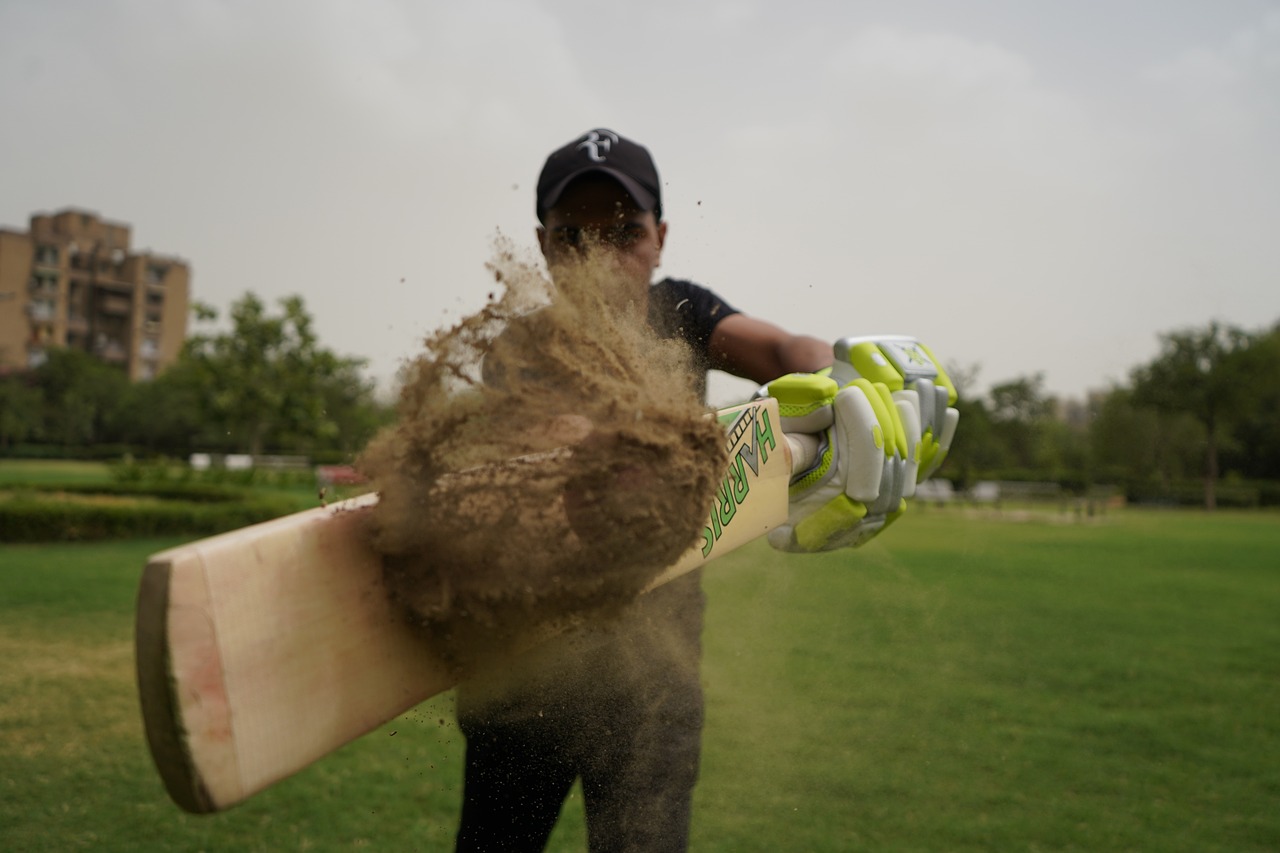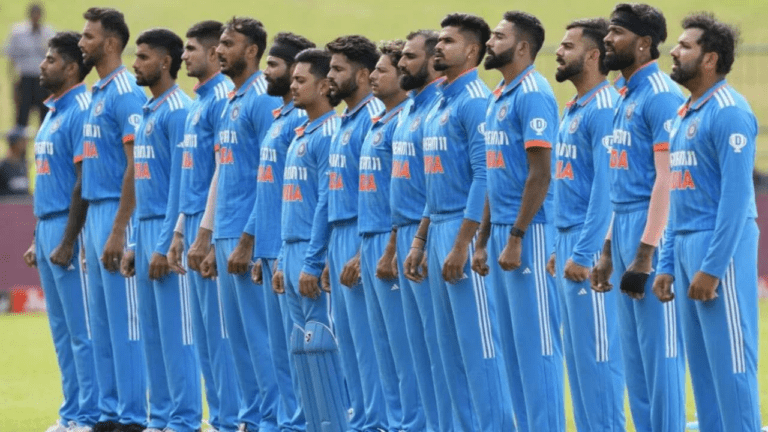The Role of IPL in Promoting Inclusivity: Gender and Social Diversity
Reddy Anna Book, Reddy Book Club: The Indian Premier League (IPL) has emerged not just as a battleground for cricketing excellence, but also as a platform for inclusivity. With players from diverse backgrounds coming together to compete on the field, IPL sets a remarkable example of unity beyond borders and boundaries. The league showcases talents from different countries, breaking barriers and fostering camaraderie among players of all nationalities.
Moreover, IPL also plays a significant role in promoting gender inclusivity by featuring women in various roles within the league. From the presence of female anchors and commentators to team physiotherapists and support staff, IPL is gradually breaking stereotypes and showcasing the capabilities of women in the cricketing domain. This inclusion of women in diverse roles not only highlights their expertise but also helps in creating a more inclusive and diverse ecosystem within the league.
Challenges Faced by Women in IPL
Women participating in the IPL often face numerous challenges that stem from the traditionally male-dominated nature of the sport. From unequal pay and limited opportunities for growth to lack of representation and support, the hurdles can become significant barriers to advancement. Additionally, the pervasive gender stereotypes in cricket can lead to dismissal of women’s abilities and skills, impacting their confidence and performance on the field.
Moreover, the intense scrutiny and constant scrutiny of their appearance and behavior can create an added layer of pressure for women in the IPL. This heightened focus on their personal lives and relationships can detract from their professional achievements and contribute to a hostile work environment. Despite these challenges, many female cricketers continue to persevere and pave the way for greater inclusivity and diversity in the sport.
Breaking Stereotypes through IPL
The Indian Premier League (IPL) has been instrumental in breaking stereotypes in the world of cricket. One prominent way it has challenged traditional norms is by creating equal opportunities for players from diverse backgrounds to showcase their talent on a global stage. Regardless of caste, creed, or gender, IPL has provided a platform for players to shine based on their skills and capabilities rather than their social status or background.
Moreover, IPL has played a crucial role in dismantling the perception that cricket is a men’s sport. Through the introduction of women’s leagues such as the Women’s T20 Challenge, IPL has given female cricketers the recognition and exposure they deserve. By including women in this highly watched and prestigious tournament, IPL is sending a strong message that cricket is a sport for all, and talent knows no gender boundaries.







